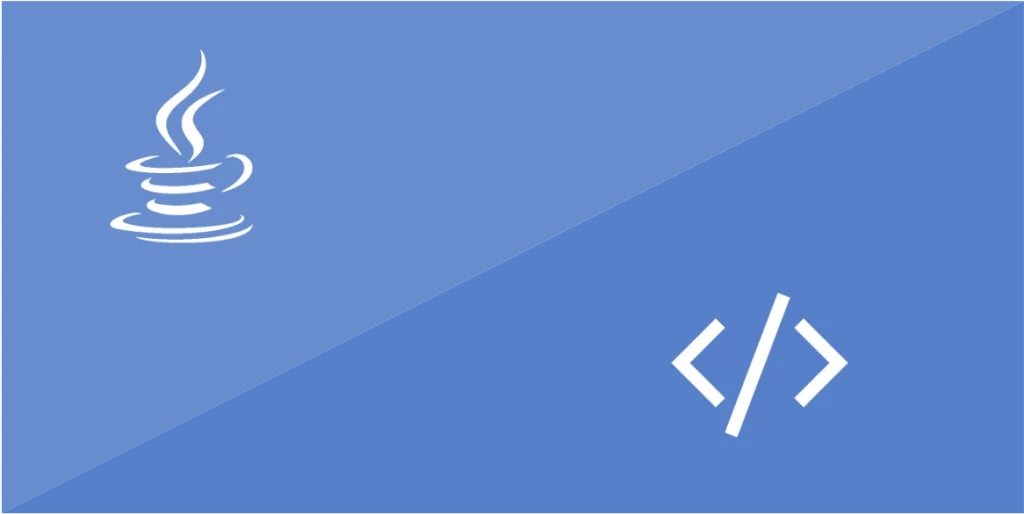Course Overview
Welcome to “Introduction to Java Programming Basics,” your complete guide to starting with Java!
This course is designed for beginners who want to learn Java from the ground up and those who wish to refresh their foundational skills. We’ll take you from writing your first “Hello, World!” program to mastering essential Java concepts.
You’ll learn the basics of Java, including comments, escape sequences, and input/output operations. We’ll dive into data types, variables, declaration, and memory management, equipping you to handle various data in Java. You’ll also explore operators, from arithmetic to ternary, and learn to use them for data manipulation.
The course includes practical conversion programs, like converting temperatures and number systems, and hands-on examples such as checking password strength. You’ll discover different methods to generate random numbers using Java’s built-in features.
To aid your learning, we provide a Java Basics cheat sheet, covering key concepts and syntax for quick reference.
This course is perfect for anyone new to programming or looking to strengthen their Java skills. Start here to build a strong foundation in Java and begin creating your own programs!



